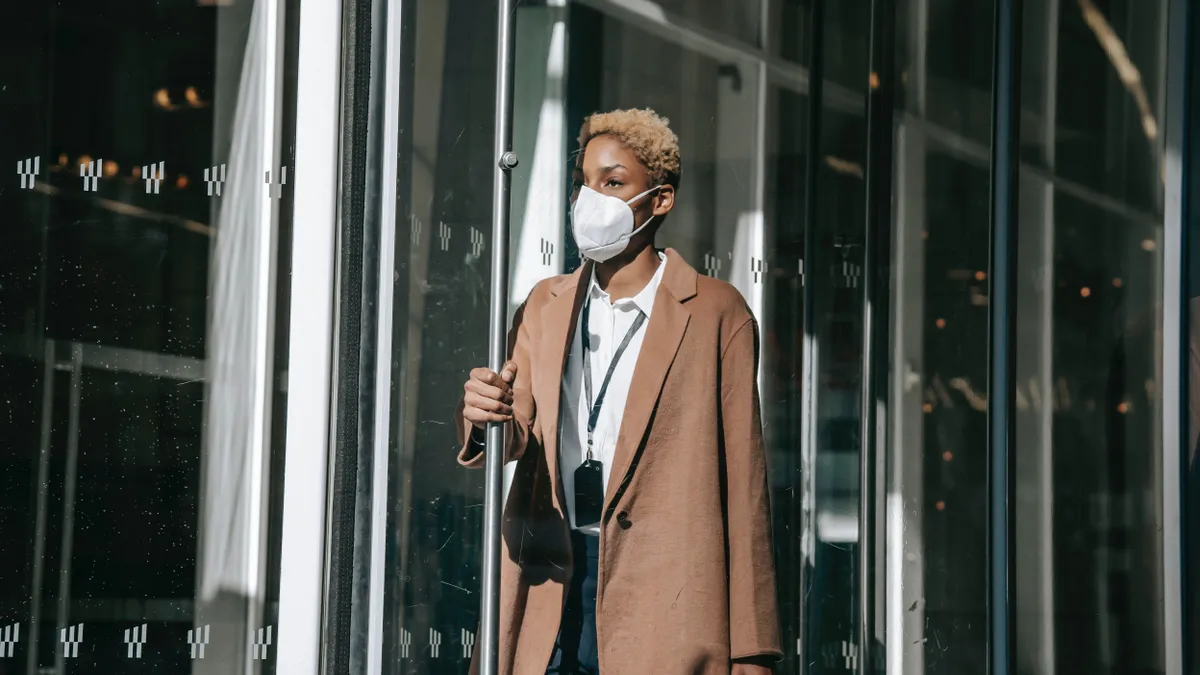Dive Brief:
- Workers that left during the Great Resignation left largely due to burnout — and more than 1 in 4 workers who left their job did so without another job lined up, according to a Sept. 29 report from Limeade.
- Lack of flexibility and employee care were big reasons why workers left jobs; in the same vein, workers took up new positions due to their ability to work remotely, and for improved compensation and better management. Employees also reported feeling cared for as a person by their new employers.
- However, compensation isn’t the whole story, Limeade noted. While 29% of job changers received a salary bump, 13% took a pay cut and 23% said they were paid the same amount, which could signal that pay may not have been the main concern for many resignees.
Dive Insight:
The pandemic dealt a fatal blow to the morale of many workers — managers included, research has shown. Manager burnout rose 78% between Q1 and Q4 of 2020, a March LinkedIn report said. The same report noted employees who recommended their manager were two times as likely to believe that their company has a great culture. Managers may then be key to the "people-first" future the Great Resignation has highlighted.
One way to stave off burnout: Allow workers to talk about it, experts previously explained to HR Dive. Mentors should encourage their mentees to open up about their work boundaries and experiences as well as ensure their mentees feel heard in a remote work environment, one source said.
Limeade studies from before the pandemic revealed that employers that show they care about employees have better retention rates than those that do not. Sixty percent of workers who said they felt cared for planned to stay with their employers for three years or longer, compared to 7% who did not feel cared for.
Retention is a particular thorn in the side of employers right now. More than half of Gen Z workers surveyed by Robert Half for a June report said they were planning to quit their current jobs. Additionally, nearly one-third of those surveyed said they had a "shift in perspective due to the pandemic" and want to work somewhere that better reflects their values — potentially including employers that offer improved mental health benefits.














